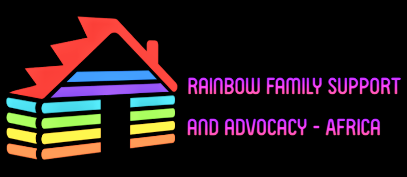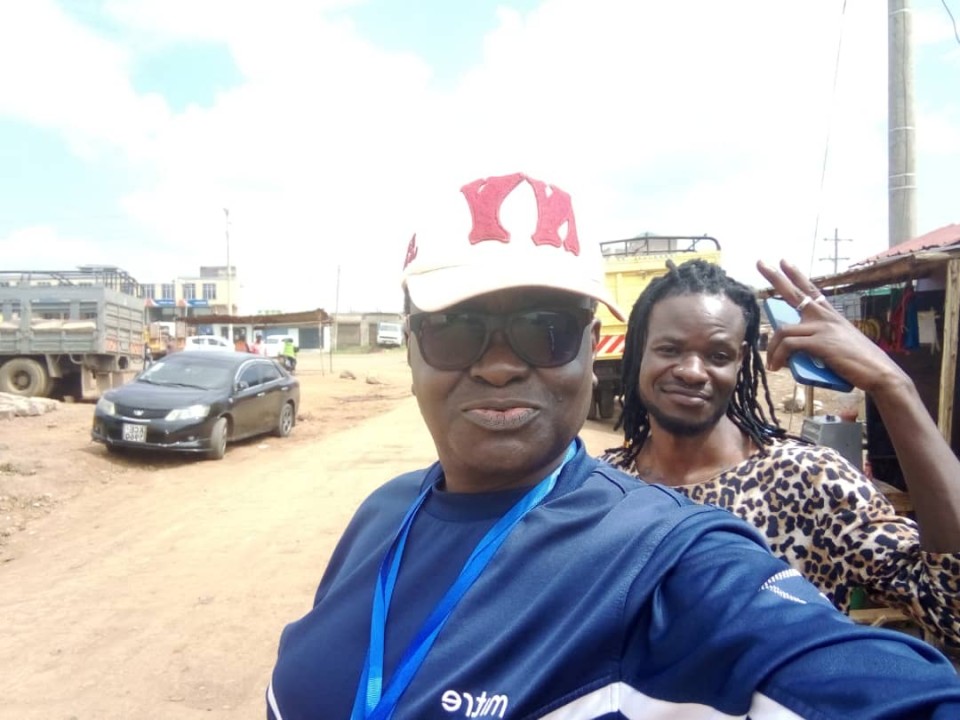
Refugees did not only flee a place, country, or people; They also had to escape thousands of their worst memories. It takes bravery to get yourself, and your family to a new place/ country and to start life all over again. As we celebrate Easter, the season of renewal and new life, I wish the entire Refugee community especially the Rainbow Refugee families a Joyous Easter full of hope. Let us wait patiently, the storm will pass. HAPPY EASTER.
RaFaSA Team Director’s Desk



